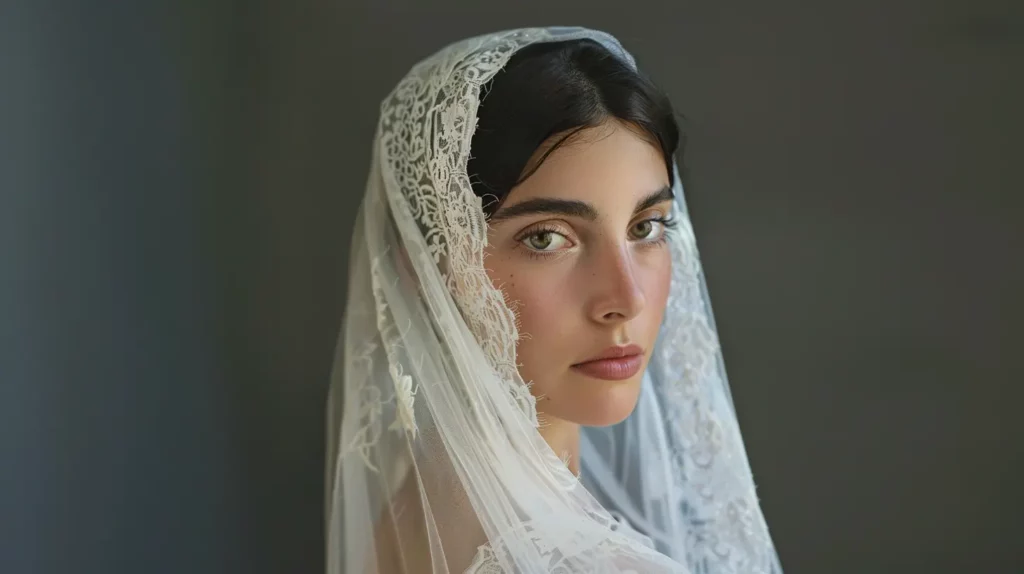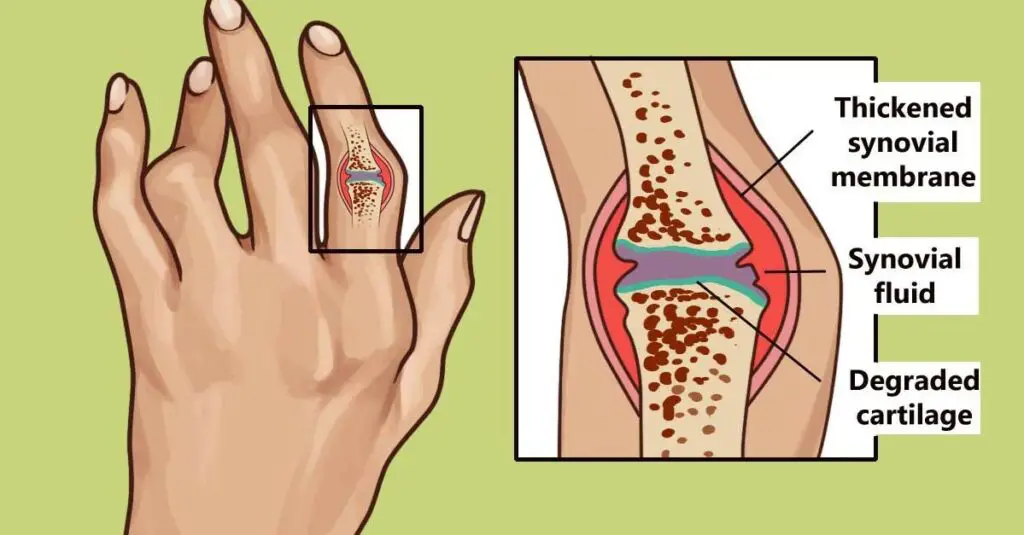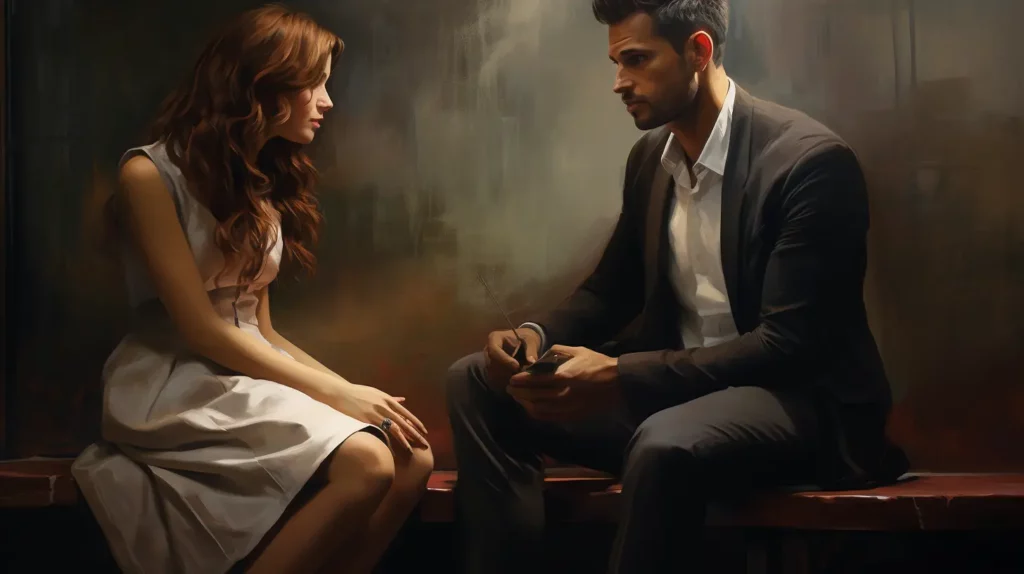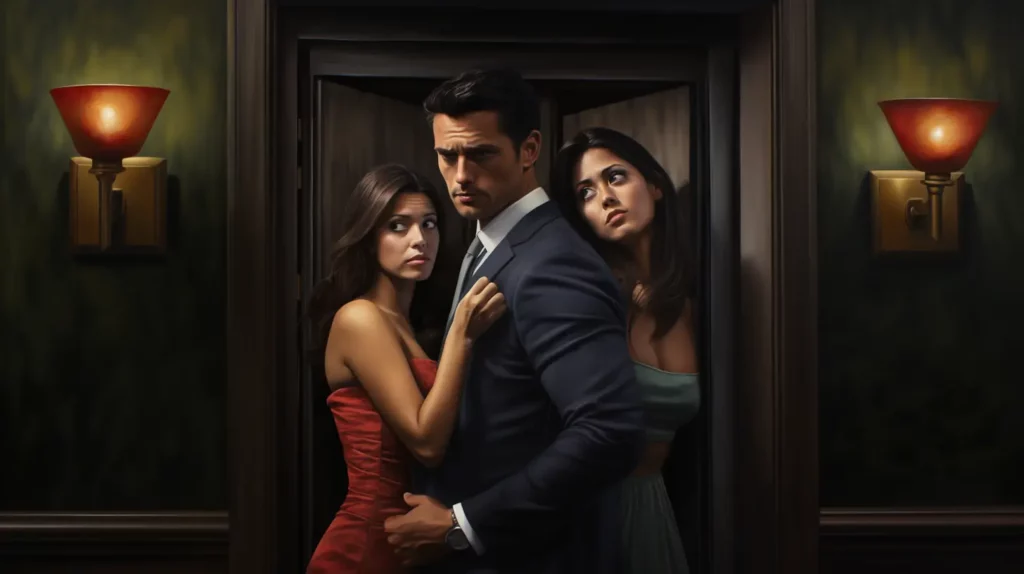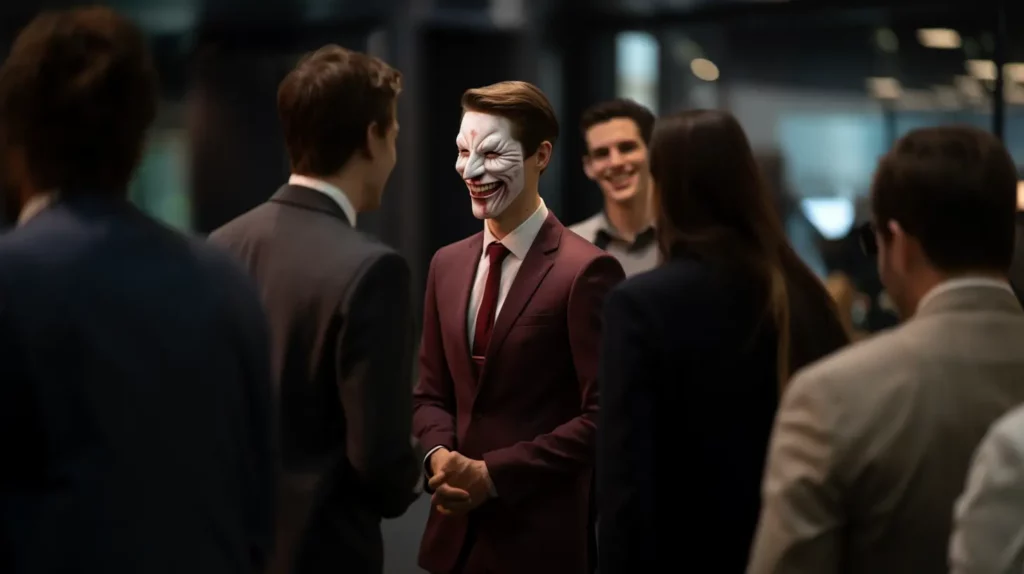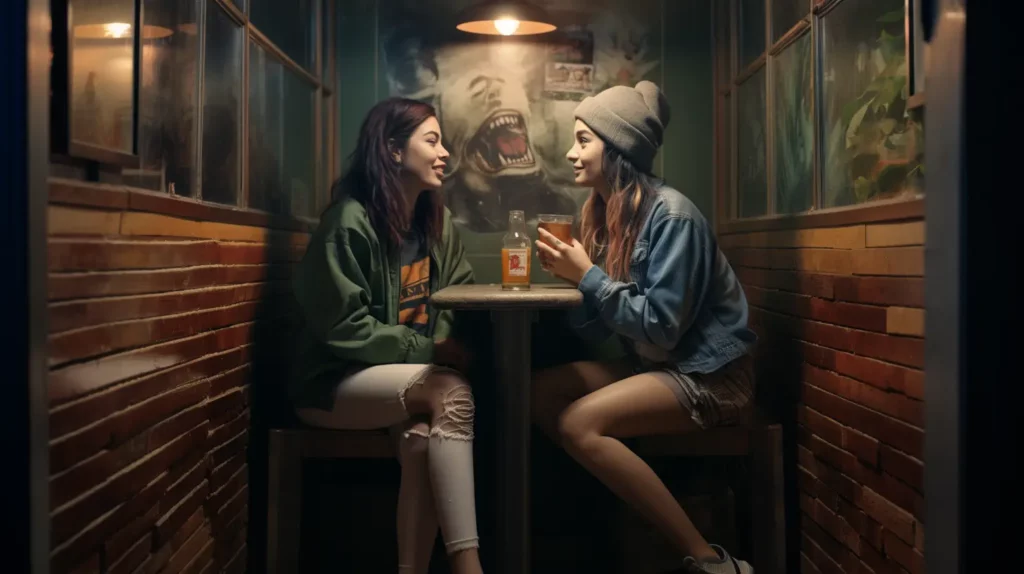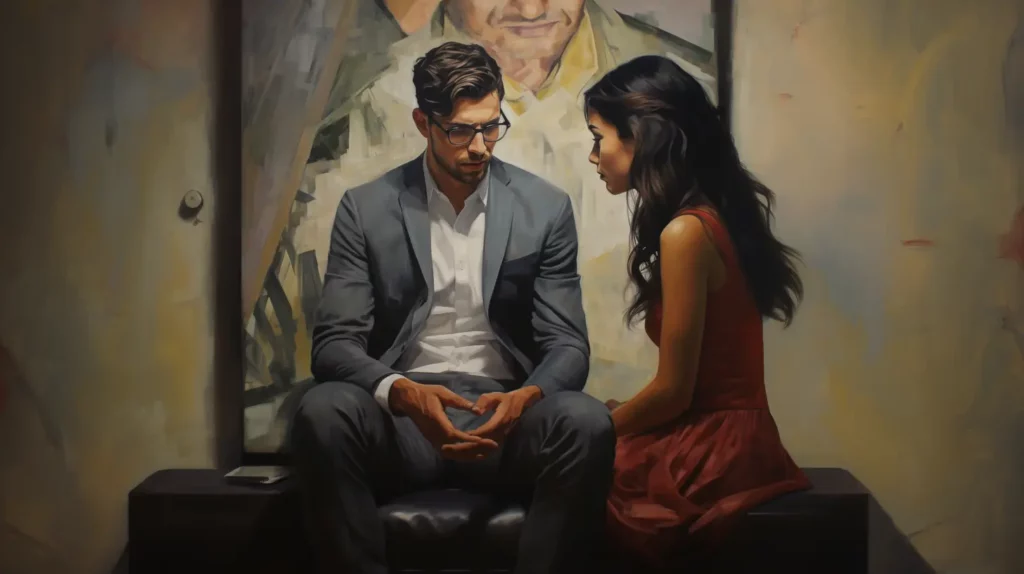Marriage – a word that carries with it a bundle of societal expectations, cultural norms, and personal dreams. In this modern age, however, the path toward “I do” isn’t one-size-fits-all, especially for women. From a young age, many of us grow up with the narrative that marriage is an inevitable milestone of adulthood. But is it really for everyone? Today, we explore the personal accounts of 12 women and their resolute choice to steer clear of marriage.
Introduction
Despite a strong tradition of monogamous unions, there are women who, for a variety of reasons, have chosen a different course. The decision to stay single comes with a number of personal, emotional, and societal considerations. From preserving independence to avoiding the pitfalls of divorce, each woman’s narrative is unique and reflects underlying societal shifts. By highlighting these stories, we hope to facilitate an open conversation about the evolving nature of relationships and the significance of individual decision-making in our lives.
Reasons Women Choose Not to Get Married
1. Independence and Freedom
Anna, 32 – “Marriage feels like it’d put me in a box. I’ve always thrived on my independence and the freedom to make life choices without compromising.”
Anna cherishes her autonomy above all. For her, the thought of intertwining her life with another in such a formal way represents a loss of self. She treasures the ability to follow her heart without considering the implications for a marriage partner.
2. Career and Personal Goals
Jennifer, 29 – “My career and personal ambitions are my top priority. I can see myself achieving so much more without the constraints of partnership.”
Jennifer’s career dreams leave little room for doubts or distractions marriage could bring. She is laser-focused on her professional advancement and is building her life around the pursuit of her passions.
3. Prioritizing Self-Growth
Maya, 35 – “Marriage, to me, signifies the end of personal growth. I want to focus exclusively on evolving as an individual.”
Maya views marriage as a potential impediment to her personal development. She feels that dedicating herself to a lifelong partnership may shift her focus away from essential self-discovery and growth.
4. Negative Experiences or Views on Marriage
Sara, 40 – “I grew up seeing the pain of failed marriages. I have an aversion to repeating that cycle in my own life.”
Sara’s perspective has been shaped by the failed marriages of those around her. Witnessing the aftermath of divorce has solidified her resolve to stay single and avert potential heartache.
5. Financial Independence
Phoebe, 27 – “I enjoy my financial freedom and being solely responsible for my financial decisions. Marriage doesn’t guarantee stability or happiness.”
Phoebe is content with the control she has over her financial life. The prospect of sharing financial responsibilities or decisions isn’t appealing to her, especially when it’s not a necessity.
6. Focus on Family and Friends
Diana, 34 – “My friends and family are my rocks. I don’t see the need to add a husband to that equation to experience fulfillment.”
For Diana, her strong support network outside the context of marriage is all she needs. She feels that her relationships with friends and family provide her with the emotional support and companionship traditionally associated with marriage.
7. Fear of Commitment or Divorce
Brooke, 31 – “The thought of committing to someone for life terrifies me. And divorce statistics don’t exactly help ease that fear.”
Brooke is candid about her fear of committing to a lifelong partnership. Statistics on divorce rates have only amplified her fear of the potential fallout from such a significant commitment.
8. Unconventional Lifestyle Choices
Lucy, 33 – “I greatly value my non-traditional lifestyle, which allows me to lead and travel according to my own desires and whims.”
Lucy’s thirst for an unconventional life has led her to question the necessity of marriage in today’s world. She sees the formal institution as a strange fit with her desire for freedom and spontaneity.
9. Cultural or Societal Pressures
Mai, 28 – “The pressure to marry is immense within my culture. I’ve chosen to resist this to live life on my own terms.”
Mai is navigating a path that goes against the strong cultural grain of arranged marriages, where the expectation to wed is deeply ingrained. She’s willing to stand by her choice in the face of significant cultural pressure.
10. Personal Happiness and Fulfillment
Tanya, 30 – “I’m already happy and fulfilled without marriage. I don’t see it adding any significant value to my life.”
Tanya’s contentment with her life as it is serves as a strong argument against the necessity of marriage. She feels that her personal happiness and fulfillment should not be tied to any societal benchmark.
11. Alternative Forms of Partnership
Ava, 39 – “Monogamy is not the only way to experience deep, meaningful connections. I’ve found fulfillment in more open and less traditional relationships.”
Ava has discovered that monogamy isn’t the only path to forming deep connections with partners. She’s found fulfillment in partnership models that allow for more freedom and flexibility.
12. Choice to Remain Single
Grace, 36 – “I prefer the single life. It’s simple and suits my personality. There’s no compelling reason for me to change that.”
Grace’s decision to stay single is rooted in her preference for a straightforward life. She’s content with her own company and doesn’t see the need to alter her lifestyle merely because it may conflict with societal norms.
Impact and Perspectives
The decision to remain single or to forgo marriage is one that is often subject to scrutiny and judgment. It challenges the traditional narrative of family life and questions the value we place on this institution. Each woman’s perspective is a reflection of unique life experiences, personal philosophies, and cultural constructs. It resonates with the broader discussion on the evolving nature of relationships, as well as the empowerment of women in choosing their own destinies.
Conclusion
The stories shared by these women echo the diversity of human aspirations and experiences. It’s essential to recognize that marriage is not the universal aspiration it’s often portrayed to be. Instead, it is one of many paths available to individuals, each with its own unique set of joys, challenges, and freedoms. It is through understanding and respecting these personal choices that we can create a society that truly honors the diverse and complex nature of human relationships.

